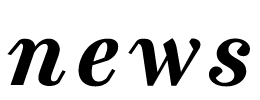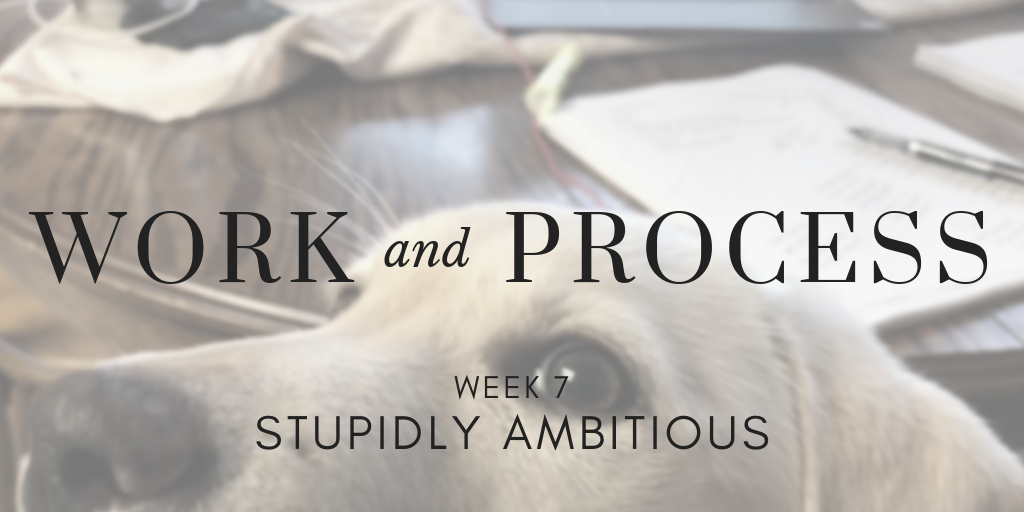|
When I was studying to become a teacher back in 2011-2012, I came across this concept that completely changed my thinking about education: the zone of proximal development. It’s the space between what you can do right now and what you can’t do yet, a space that you can cross but only with help. In education, you want to design lessons that sit in that zone of proximal development, challenging students to step up their current skills while providing the support they need so they don’t get discouraged. I loved this. It encompassed so much of what I already adored about learning but had never articulated before: the challenge, the satisfaction of success, the desire for new challenges and new successes.
But it wasn’t until a few years later, before I’d published a trilogy or signed with an agent or even finished a novel, that I realized how the zone of proximal development applied not only to my work as an educator but to my writing as well. I was working on The Reader, desperately hoping that I’d somehow be able to pull it off, that someone would want it, that someone would buy it, and it was at this vulnerable and pivotal time that I saw a live video chat with Markus Zusak, author of one of my favorite books, The Book Thief. The link to video is now broken, unfortunately, so I can’t remember exactly what he said, but what I got out of it was this: I only want to write the books that maybe I can’t write. And it was like for maybe the second time in my artistic life, I’d been seen. (The first might be that colleague I mentioned in Week 4, who told me to stick to my guns when all my other classmates were telling me to write like someone else.) Because that’s what I wanted (want) to write. Things that challenge me. Things that are juuuust out of my current reach. Things that I have to stretch and learn and grow and expand for. Things that are at the far edge of my zone of proximal development. Those are the projects that excite and invigorate me. Those are the projects that only I can write. Those are the only projects I want to write. Do you watch The Good Place? It’s a sitcom by showrunner Mike Schur (Brooklyn 99, Parks and Recreation), and the basic premise is this: The characters are dead and have been sent to a non-religious version of heaven, the Good Place, but one character doesn’t actually belong there because she's a human trash bag. While she tries to maintain her cover as a good person, she starts taking ethics lessons to become an actual good person. Hijinks ensue. The show is hilarious and uplifting, and it takes narrative risks and makes amazing plot twists, and the whole thing just feels, to me, beautifully refreshing. There’s also The Good Place: The Podcast, wherein the cast, crew, editors, designers, writers, and other people involved with the show discuss each episode, and it’s also funny and uplifting and creatively inspiring. Okay, but in case you missed it, allow me to reiterate: It’s a half-hour network TV sitcom about ethics. In the first episode of The Good Place: The Podcast, showrunner Mike Schur talks about how each episode, in addition to being funny and dynamic and narratively compelling, also explores an ethical concept, like moral particularism or utilitarianism, for example. So: jokes on jokes on jokes, plot twists, and ethics lessons in a sitcom. To me, the whole concept just feels so stupidly ambitious, and I mean that in the absolute BEST WAY. Doing something that shouldn’t work but totally (for some reason) does? And is also totally great? And maybe changes the way we think about sitcoms or network television or storytelling? Yes please. This is how I try to approach my projects, with, to quote The Good Place, “a ton of unearned confidence.” For example, The Reader is a young adult fantasy about a book within a book told in three timelines and eight perspectives. (As further evidence of my stupidity and ambition, I give you The Speaker: ten perspectives and three timelines, and one is told backwards. But let’s focus on The Reader for a second.) Should I have tackled this nonlinear, multi-perspective metafiction epic as my first novel? Or even my second? Probably not. Did I do it anyway? YOU BET I DID!* That’s because I don’t want to write things I already know I can do. Give me the stupidly ambitious. Give me the projects I maybe can’t write. Give me the distant edge of my zone of proximal development. Give me difficult and the brain-breaking and the world-expanding. I want to tackle things I haven’t mastered yet. I want to write something short! I want to master the cliffhanger chapter ending. I want to do a four-book series. A seven-book series! I want to say something about the things that are important to me, and I want that something to be thoughtful and nuanced and worth saying. I want to make people go, “That shouldn’t work but it totally (for some reason) does!” My ambition is vast. My aspirations are high. I just hope my creativity can keep up. Next week: WRITING IS REVISING. Not everyone loves revision, but it happens to be my favorite part of the writing process, and I’m so excited not only to be diving into a new batch of revisions on my current project but also to talk about how I approach revision with you! Cuddle up with your screen next Sunday at tracichee.com and/or post your own responses with the hashtag #workandprocess. P.S. I got to work with a puppy in my lap this week! <3 Work and Process is a year-long journey of exploring and reflecting on the artistic process, craft, and working in a creative field. Each Sunday, I’ll post some thoughts, wonderings, explanations, and explorations on writing and creativity, and by the end of it, I hope to have 52 musings, examinations, meanderings, discoveries, bits of joy or inquisitiveness or knowledge to share. In each post, I’ll also include a topic for the following week, so if you happen to be inspired to question/wonder at/consider your own work and process, you’re welcome to join me. We’ll be using the #workandprocess hashtag across all social media platforms, and I hope we find each other to learn and connect and transform on our creative wanderings. *I mean, whether I was successful is, of course, up for debate, but even though there are things I would change or do better if I was doing it again, I feel like I did what I could with what I had at the time and I just hope to keep doing better in the future. =] Comments are closed.
|
ARCHIVES
February 2024
CATEGORIES |


 RSS Feed
RSS Feed